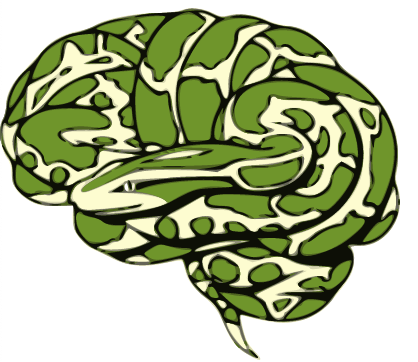Example workflows¶
Now that we have explored the basic building blocks of nipype and seen them in action based on rather short examples, it’s time to explore how these things are implemented in the wild. For this we will go through some realistic workflow examples that are also more complex and combine most of the things we talked about so far in isolation.
To provide you with an idea about such workflows through different stages of data analyses you can find examples for preprocessing, individual level analyses, normalization and group level analyses in the ToC on the left.
Please note that there are two types of notebooks in this section: example and hands-on notebooks. While the example notebooks are rather short and code-based, the hands-on notebooks are longer and contain more in-depth explanations of what is going on. Thus, the first are more like “this is how you could these things” and the second are more like “this is how and why you do these things”, aka more teaching-focused.
To also show you how widely nipype is used as the underlying workflow engine in complex processing pipelines, we gathered a few examples in the below slide deck. To situate things accordingly, this also entails information on the larger ecosystem nipype is a part of and how it interacts with other tools and resources therein.
